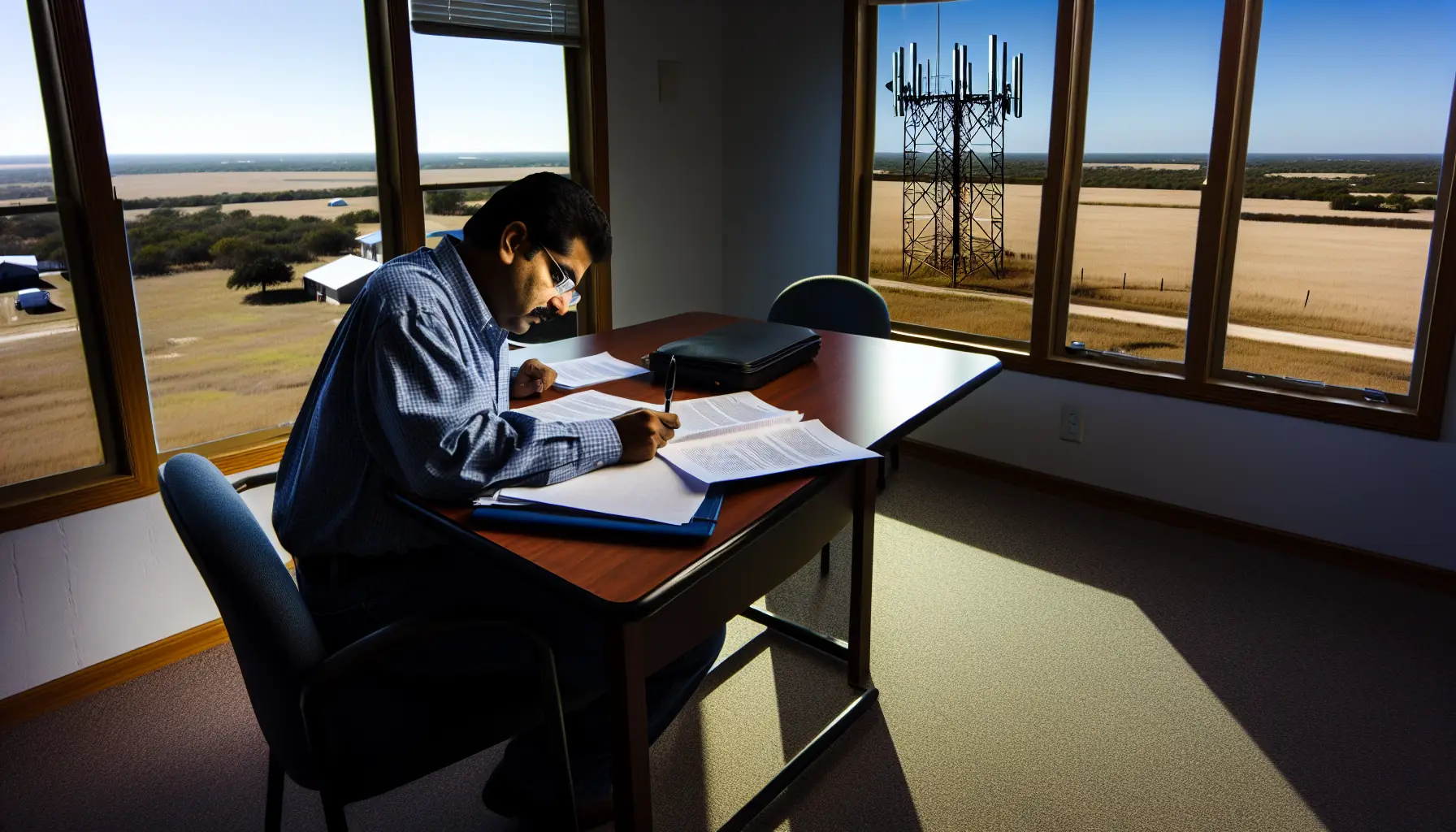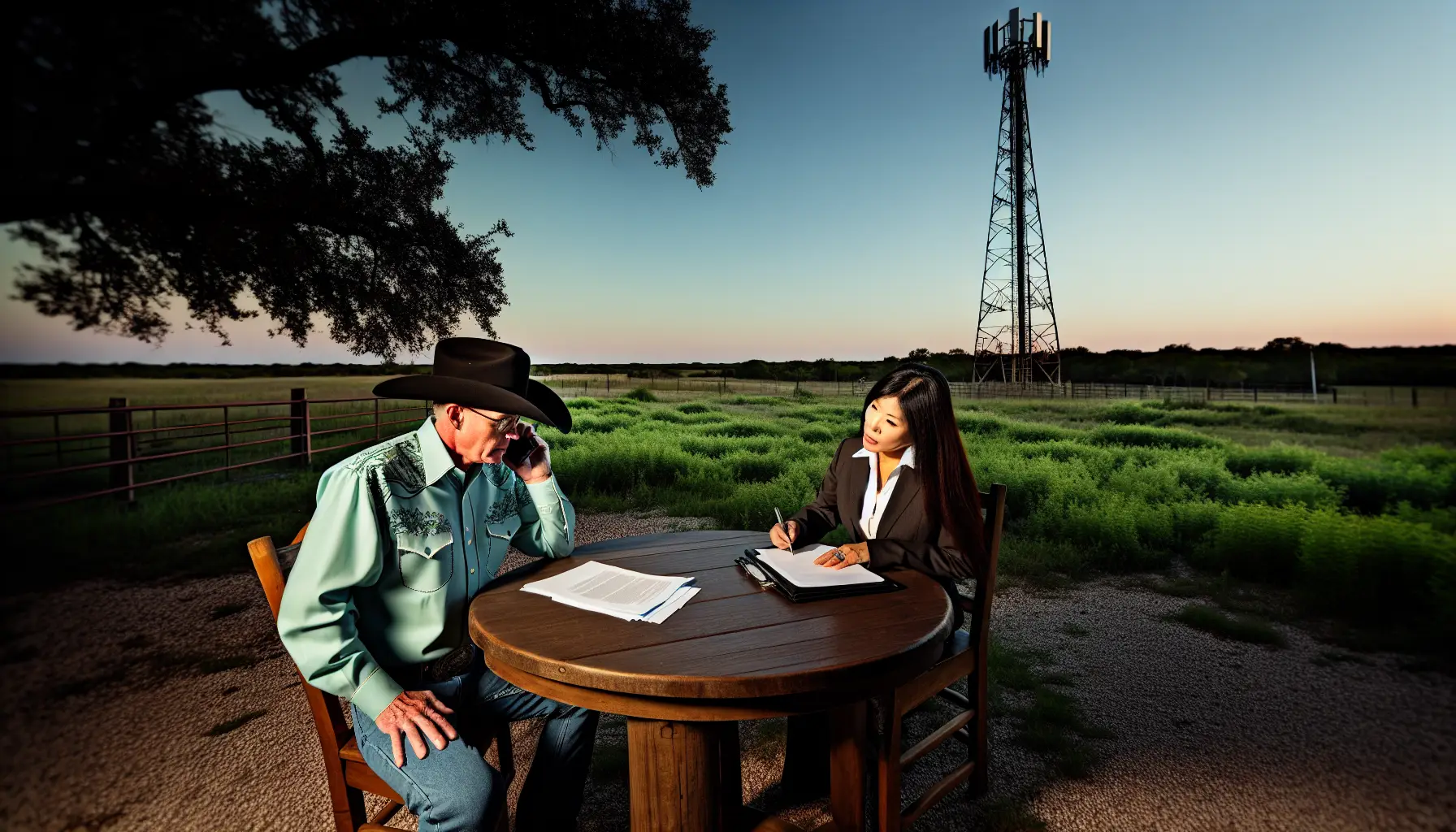Buying a property that shares a water well with neighbors can seem like a straightforward arrangement at first glance. However, shared well agreements often come with complexities that many new property owners overlook. Questions about water usage, repair costs, and responsibilities can lead to disputes if the agreement is not clear. When dealing with shared water resources, particularly in Texas, understanding the legal framework behind shared well agreements is essential. This knowledge protects your rights, ensures fair water access, and helps maintain good relationships with your neighbors.
In This Article:
What You Should Know About Shared Well Agreements
Defining a Shared Well Agreement
A shared well agreement is a legal document that specifies how multiple property owners share and manage a water well. It outlines the rules for water usage, payment responsibilities for maintenance, and access rights for repairs. These agreements are common in rural areas of Texas where access to public water systems is unavailable. Imagine a scenario where three properties rely on the same well. Now, if the well pump needs repairs, how are costs divided? Or what happens if one neighbor uses more water than everyone else? A well-written shared well agreement addresses these issues ahead of time.
Key Elements of Shared Well Agreements
Shared well agreements follow specific legal frameworks to ensure fairness. In Texas, these agreements should include the following elements:
- Clear water usage limits for each user.
- A fair cost-sharing formula for repairs, electricity, and maintenance.
- Designated access rights for well maintenance or testing.
- A dispute resolution mechanism in case disagreements arise.
These terms not only offer structure but are also critical for reducing potential conflicts among shared well users. If your current agreement lacks these elements, consulting a Houston attorney or rural land water rights dispute lawyer in Houston may help ensure compliance with state laws.
Steps to Address Shared Well Agreements After Property Purchase
Thorough Agreement Review Post-Purchase
Once you purchase a property with a shared well, one of your first steps should be a detailed review of the shared well agreement. It is vital to understand how the document aligns with Texas laws and your rights as a property owner. A Houston real estate lawyer for property disputes can help confirm the agreement includes essential details, from water allocation schedules to cost-sharing commitments. If the document is unclear or overly vague, now is the time to address it. For instance, if maintenance responsibilities are poorly defined, ambiguities could lead to disagreements in the future.
Establishing Fair Usage and Maintenance Terms
Clarity in shared well agreements fosters a hassle-free environment. Here are some practical points to solidify in your agreement:
- Specific water allocations for dry seasons or droughts.
- Rules to prevent overuse during high-demand times.
- Defined schedules for well inspections and cleaning.
Setting these terms establishes fair usage while ensuring every property linked to the well contributes their share to its upkeep. These small, proactive steps can go a long way toward avoiding disputes.
Addressing Common Shared Well Disputes
Frequent Issues Between Shared Well Owners
No matter how clearly an agreement is written, conflicts can still happen. Common disputes related to water well agreements may include one party consuming more water than their agreed share, debates over repair costs, or concerns about water quality and pressure. Such situations can strain relationships between neighbors and create legal challenges if left unresolved.
Resolving Disputes Legally
Two primary approaches exist when disputes arise: mediation and litigation. Mediation involves a neutral third party who facilitates discussions to reach a fair resolution that satisfies everyone. This method is usually faster and less expensive than going to court. However, if mediation fails, litigation may become necessary. A Texas lawyer experienced in water well agreements and rural land disputes can help navigate these processes while safeguarding your rights. Opting for mediation first can save time, costs, and stress, making it the preferred route for most shared well disputes.
Preventing Future Problems with Proactive Steps
Before You Finalize the Purchase
If you are considering purchasing property with a shared well, due diligence is crucial. Start by confirming the agreement meets Texas water laws and adequately covers all aspects of water use, maintenance, and costs. Visiting the well to assess its condition and capacity can also save you from unexpected surprises. Working with a real estate attorney for land use clarity in Houston can help uncover potential red flags in the agreement, ensuring a smoother experience post-purchase.
Ensuring Ongoing Compliance
Once you own the property, staying compliant with local regulations protects your investment. This includes keeping accurate records of water usage, payments for repairs, and schedule adherence for maintenance. These steps not only help with compliance but also serve as valuable documentation in case disputes arise. Compliance with Texas groundwater laws ensures the well continues to benefit all users fairly.
Conclusion
Shared well agreements play an essential role in maintaining harmony and fairness among property owners relying on a single water source. From understanding the legal framework to taking proactive steps before and after purchasing a property, proper management of these agreements can prevent disputes and protect your investment. If you face challenges with shared well agreements or other property matters, the experienced team at Daughtrey Law Firm is here to guide you with expertise and care.











